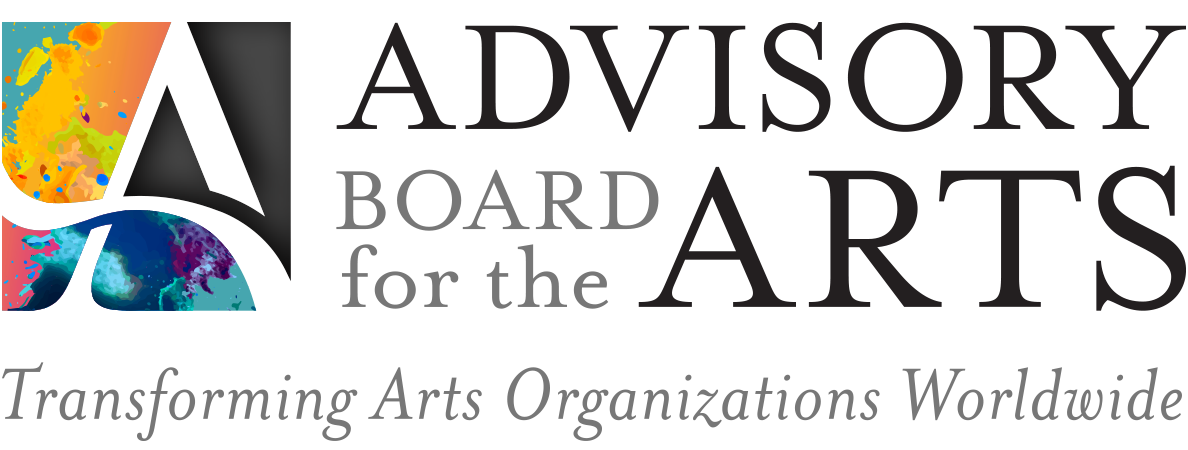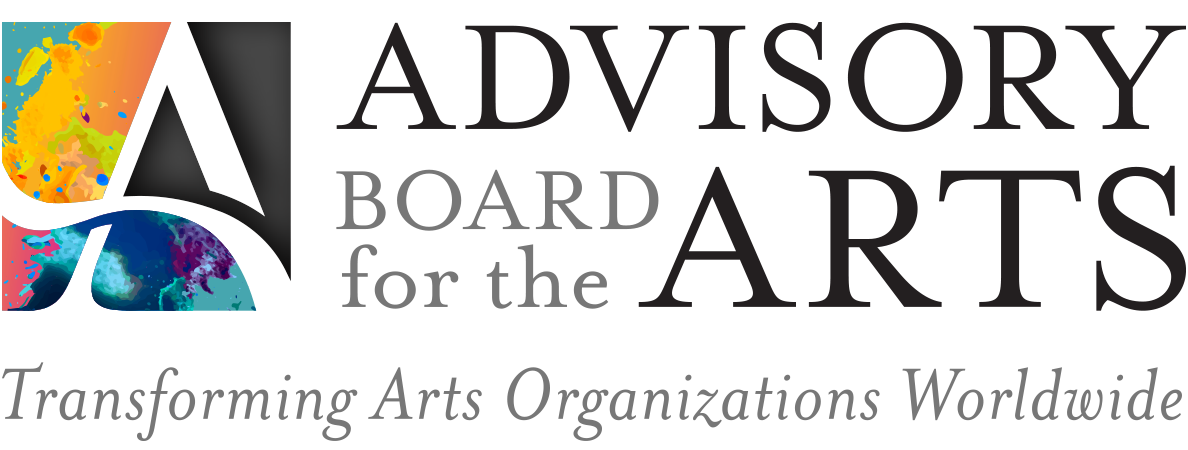Our 2022 Research Findings
The Advisory Board for the Arts conducted a large-scale survey of arts staff members globally, from March-May of 2022. Fifty arts organizations participated in the initiative from the US, Canada, UK, continental Europe, Australia, and New Zealand, resulting in nearly 1500 employees completing the roughly 30-minute survey.
The survey uses a technique called conjoint analysis (essentially, forcing prioritization through choices) to tease apart preferences for attributes of jobs that individuals might struggle to evaluate individually. They evaluated 20 attributes of jobs, and also assessed their organizations against those attributes.
Key Takeaways from the survey:
Job schedule flexibility emerged as the area with the greatest opportunity for the average arts organization to improve the employment value proposition. Improving job schedule flexibility and hours is, on average, the same as giving $2,842 in salary to each staff member, annually.
Overall, older generations place more importance on artistic reputation whereas younger generations place much more importance on working in a diverse, equitable, inclusive and accessible environment.
Flexibility is a more powerful retention lever than artistic reputation for staff. The majority of staff members would trade away artistic reputation for a pay raise, but they would not make that same trade for a less flexible environment with a pay raise.



